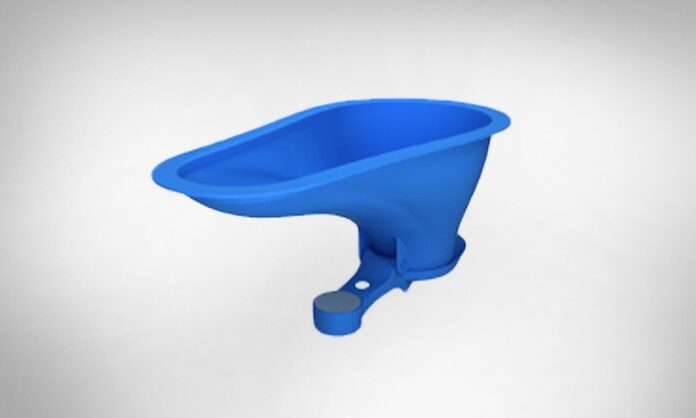In 2016 the Japan-headquartered global building materials major Lixil Group Corporation created a specialised and dedicated business unit, the Social Sanitation Initiatives (SSI).
The company established SSI to accelerate the design and production of new toilet and water technology solutions for low-income families, water-scarce and non-sewered locations around the world, as well as for exploring new systems for the circular sanitation economy.
Also Read: Sanitation is the New Growth Engine
SSI is an entrepreneurial startup nestled inside a $16 billion company, and benefits from the resources and expertise found inside one of the world’s largest players in sanitaryware. Though the SSI unit has several prototypes or toilet technologies in development, it already operates a commercial business under its award-winning Sato brand of products. Lixil is a member of The Toilet Board Coalition (TBC).
Launched in 2013 with one model – the Sato Pan – the company’s business is now global, offering a range of products tailored to local market preferences. Sato delivers improved sanitation to over six million users in over 15 countries.
Its products are designed to suit the needs and preferences of users in different regions and offer quality performance with price points that start at $2 per pan. Created to improve user experience and safety of open-pit latrines in rural communities, Sato products enable communities to achieve open-defecation-free goals with convenient, affordable, and sustainable product innovations.
Also Read: How Toilet Board Coalition is Making Sanitation Business Aspirational in Pune
Lixil has set a target of improving access to sanitation and hygiene for 100 million people by 2020. Its Sato business unit is playing a pivotal role in achieving this and is now strengthening its manufacturing capabilities and coverage.
It has established manufacturing license agreements in five countries including Bangladesh, India, and Uganda, and is working with local companies to expand further in countries such as Nigeria, Ethiopia, and South Africa. Besides, Lixil is trying out portable toilet systems (PTS), a container-based system for urban areas, in partnership with Manila Water Corporation, which is expected to launch in the near future.

